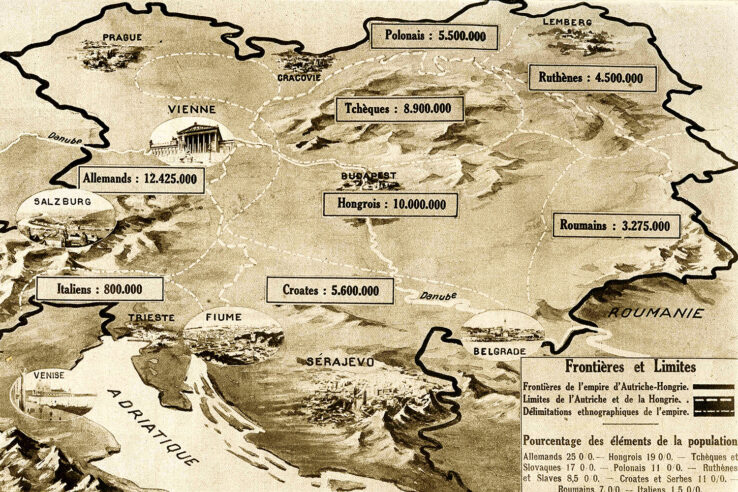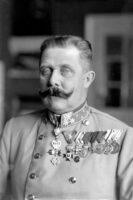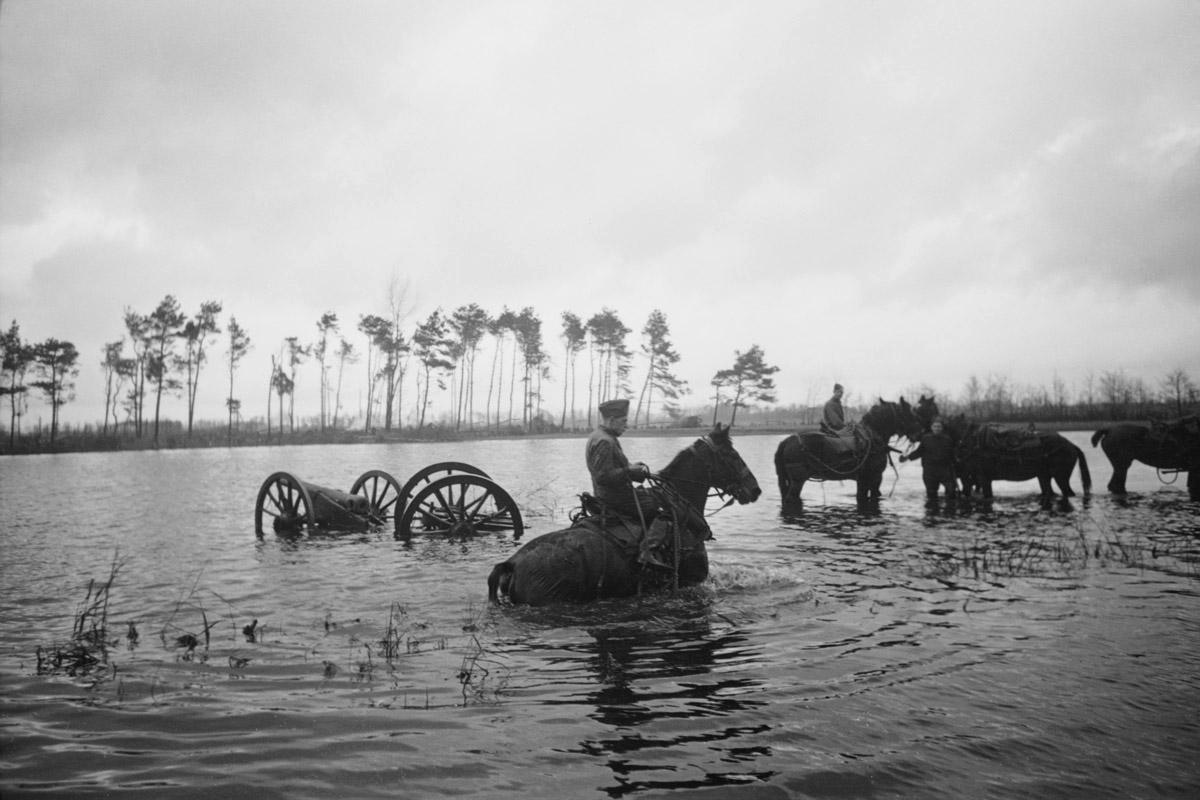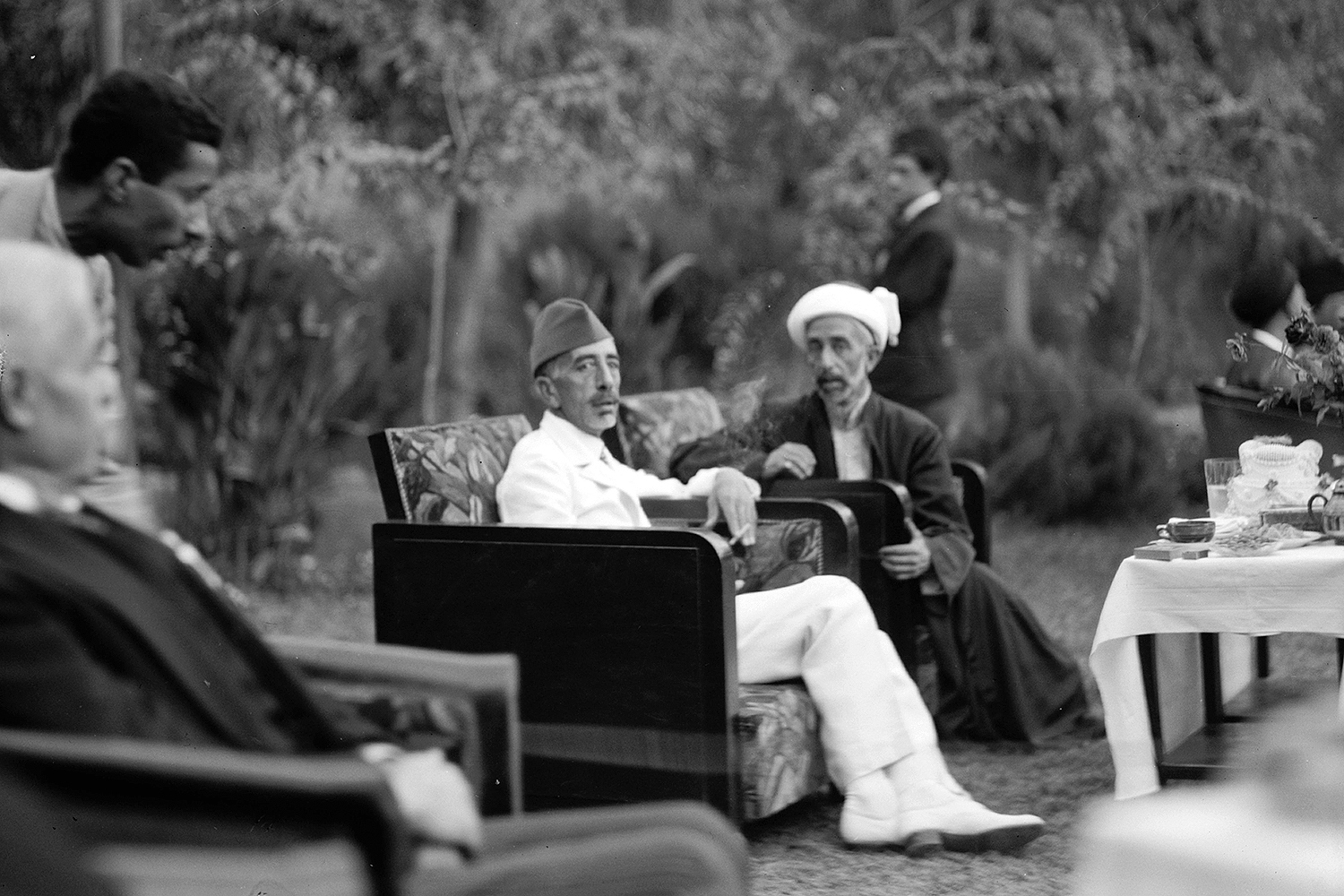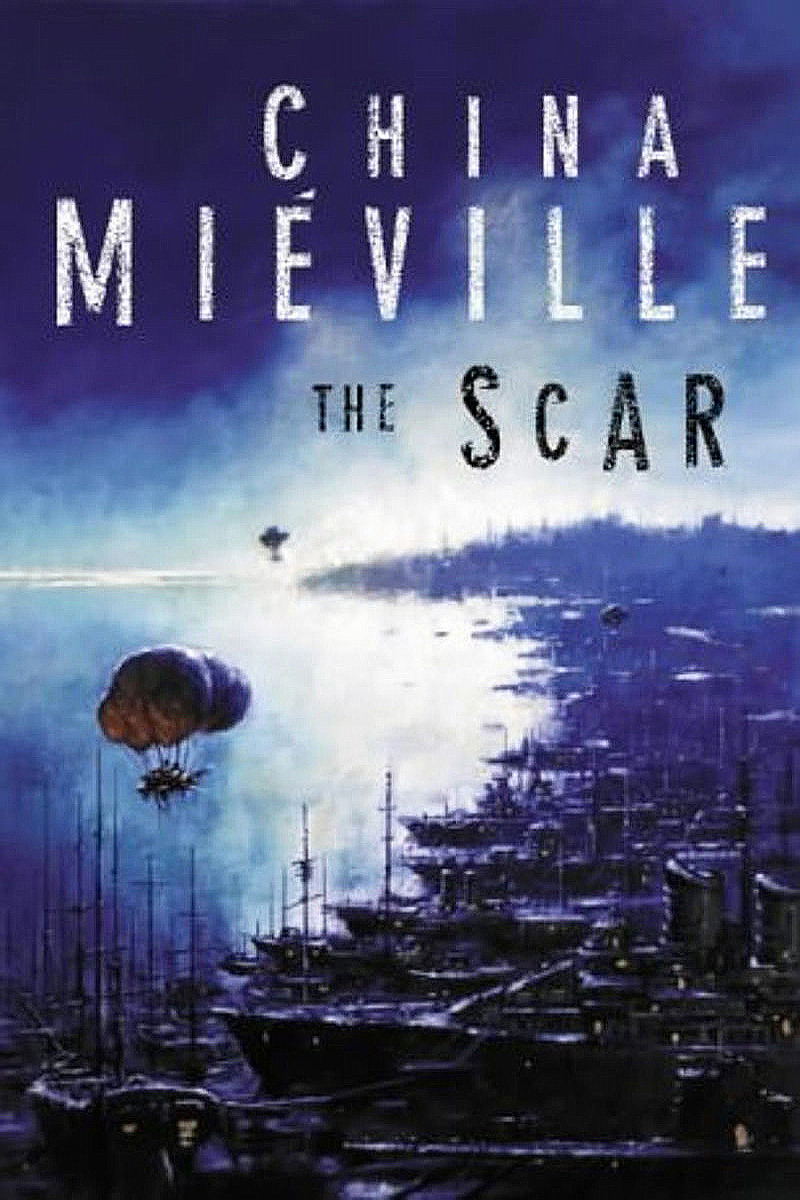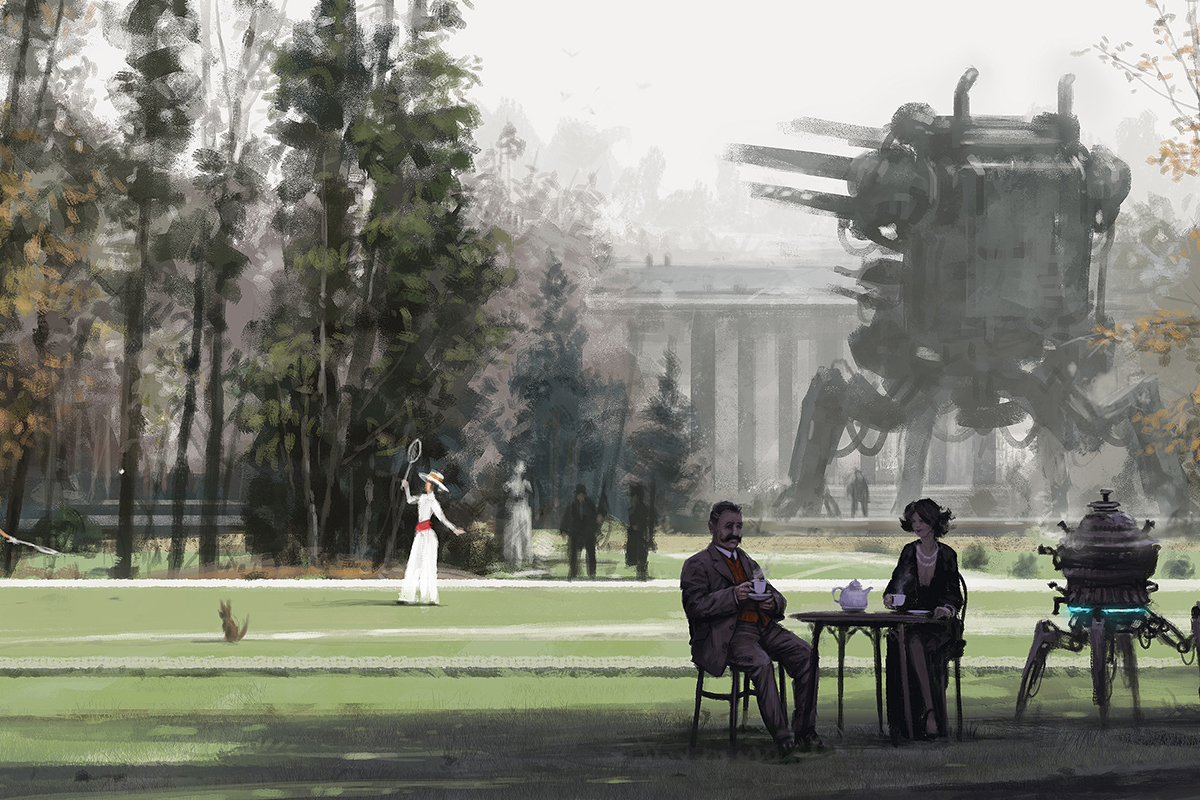Matthew Yglesias is worth reading for his political commentary but occasionally dabbles in (alternate) history as well. This week, he has a neat little alternate history in which Franz Ferdinand survives an assassination attempt in Sarajevo in 1914 and turns the Austro-Hungarian Empire into a liberal democracy.
Franz Ferdinand was a liberal who wanted to transform his empire into something of a federation. The Compromise of 1867 had given the Hungarians autonomy, but not the Croats, Czechs and other peoples of the Dual Monarchy.
Franz Ferdinand had less sympathy for the Hungarians, which actually works out in favor of the liberal outcome Yglesias envisages. Too strong a Hungary could have dominated a federation. What it needs to survive is balance.
Rather than carve up the empire into nationality-based states, which could lead to a Yugoslavia-style breakup, Yglesias suggests it should have devolved power to dozens of small regions. The avoid language becoming a divisive issue, German remains the empire’s lingua franca, but native German speakers are required to learn at least one of the empire’s other languages in school. The monarchy itself would primarily concern itself with defense and foreign policy, becoming semi-ceremonial.
Without the world wars, the empire would flourish. Central European artists, entrepreneurs and scientists, including many Jews but also prominent Hungarians like the inventor of the hydrogen bomb, Edward Teller, who in the real world fled to America remain in the empire. Polyglot Austria-Hungary would instead attract migrants, including Jews from Poland and Russia, who help make it the cultural and economic heartland of Europe.
Without an overseas empire, Yglesias suggests Austria-Hungary could act as mediator in a more peaceful decolonization of Africa and Asia. It would naturally evolve into something like the world’s policeman while the United States remains isolationist.
Click here to read Yglesias’ full post — and consider subscribing to his newsletter, Slow Boring!

